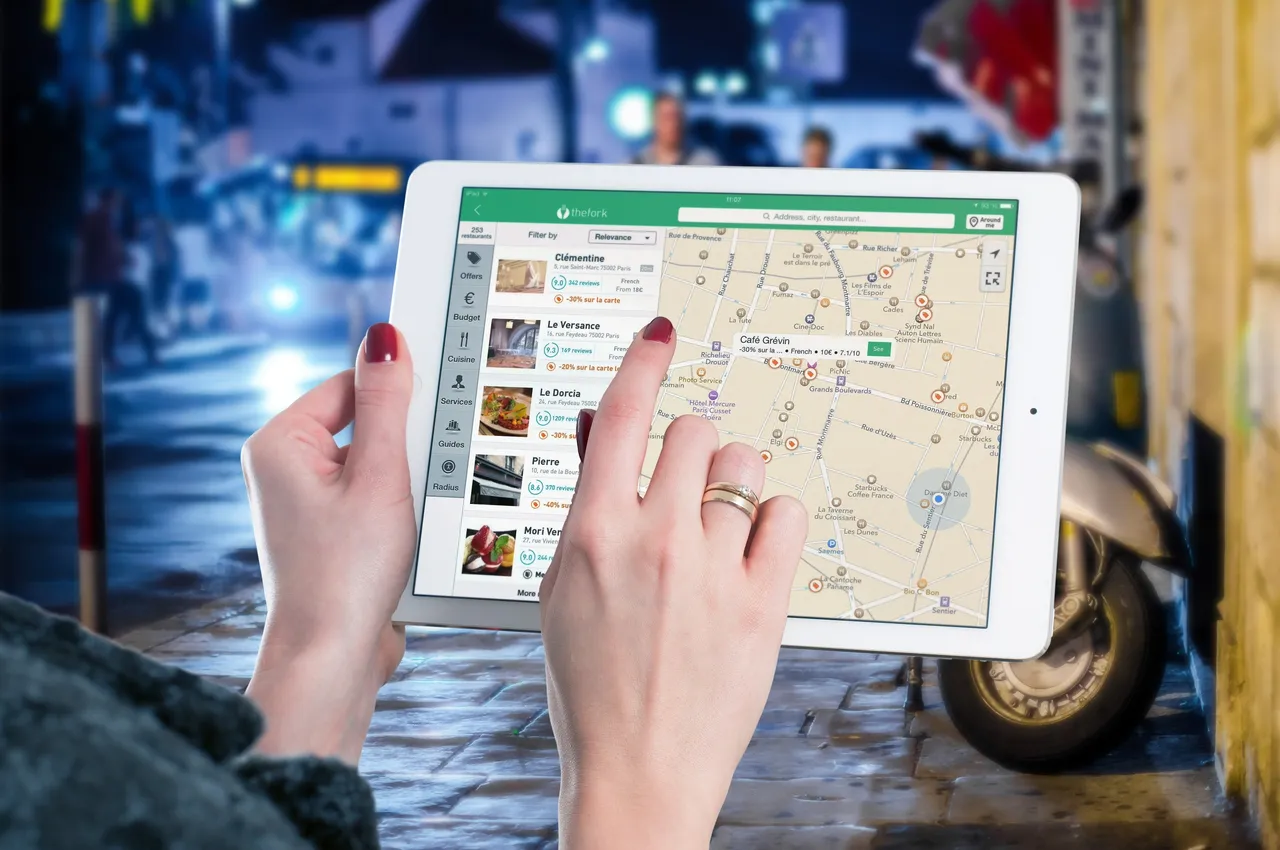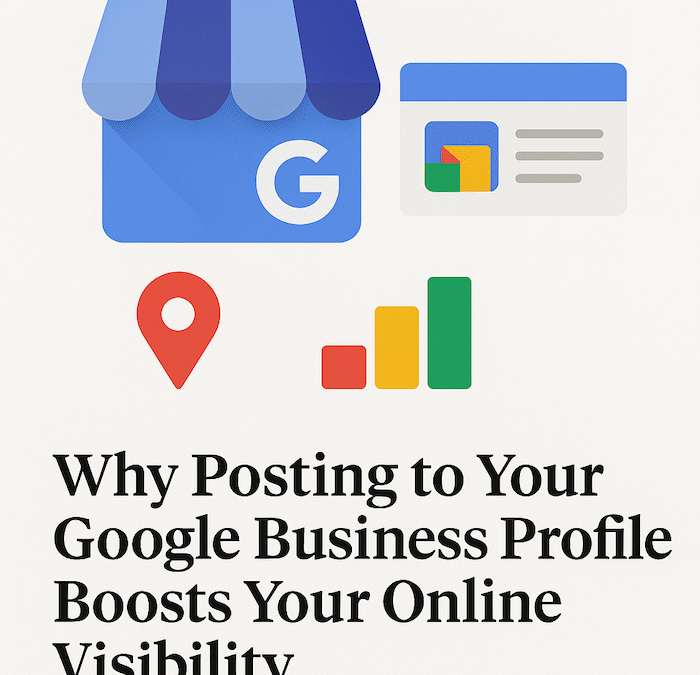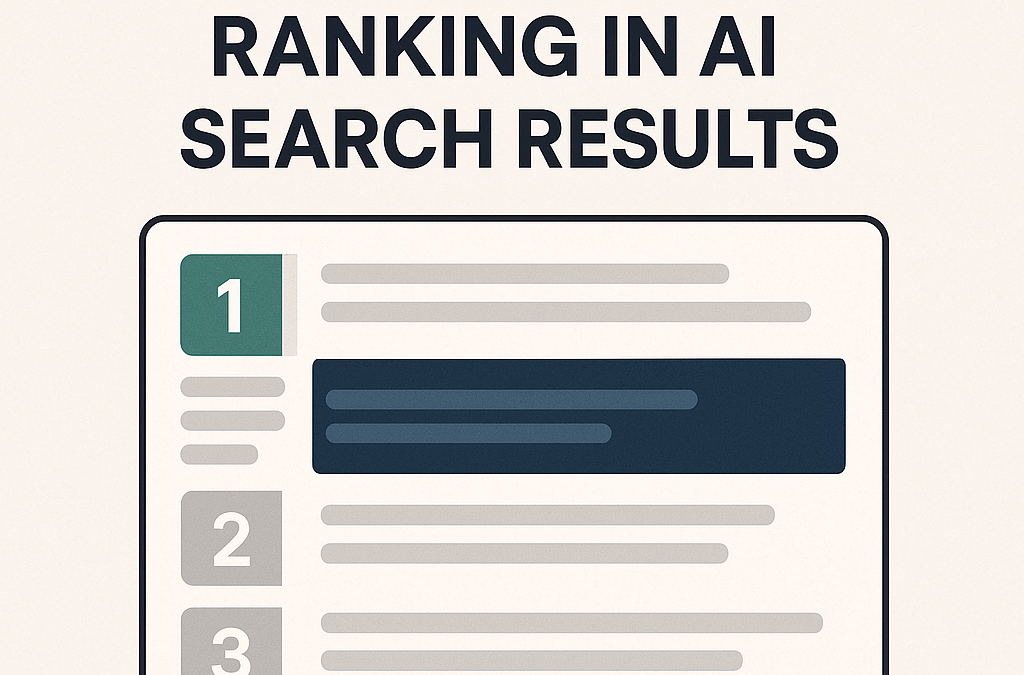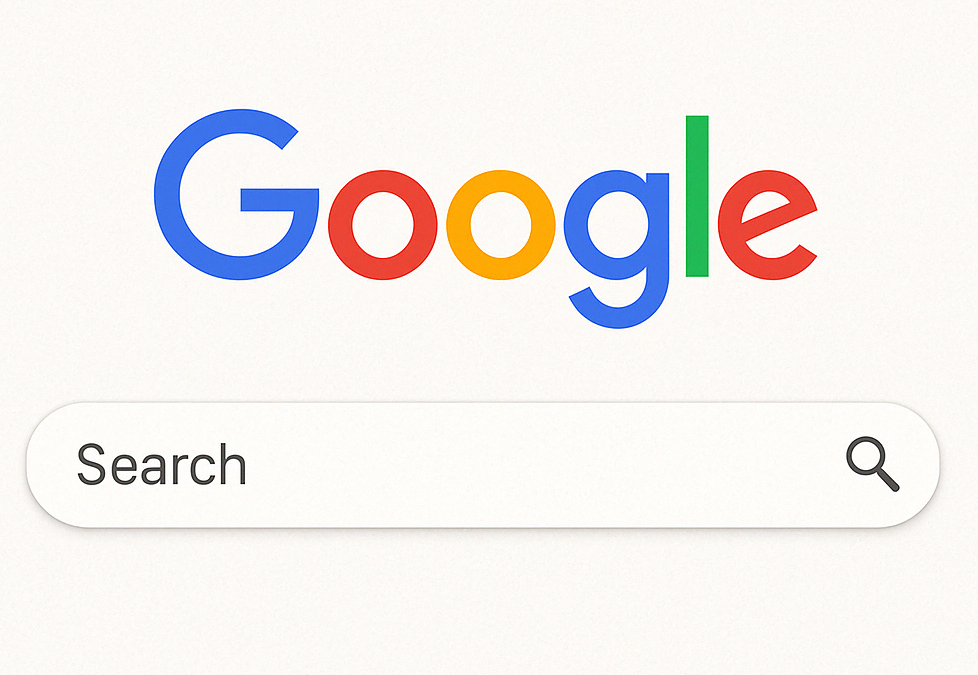If you run a small business with a physical storefront, local SEO is a critical component of your online marketing strategy. Local SEO involves optimizing your website and online presence to rank higher in local search results, such as when someone searches for “restaurants near me” or “plumbers in [your city]”. In this blog post, we’ll discuss the importance of local SEO and some tips for improving your local search ranking.
Why Local SEO Matters
Local SEO is important for several reasons. First and foremost, it can help you reach more local customers who are searching for businesses like yours. By ranking higher in local search results, you’ll be more visible to people in your area who are looking for your products or services. This can lead to more website traffic, phone calls, and foot traffic to your storefront.
Secondly, local SEO can help you stand out from your competition. If you’re a small business, you may be competing against larger companies with bigger marketing budgets. By focusing on local SEO, you can level the playing field and attract customers who are specifically looking for businesses in your area.
Finally, local SEO can be more cost-effective than other types of online marketing. While paid advertising can be expensive, local SEO can help you get more visibility and traffic without spending a lot of money.
Tips for Improving Local SEO
Now that you understand the importance of local SEO, let’s discuss some tips for improving your local search ranking.
1. Claim Your Google My Business Listing
Google My Business is a free tool that allows you to manage your business’s online presence on Google. By claiming your listing and optimizing it with accurate information, photos, and reviews, you can improve your chances of appearing in the Google Local Pack, which is the list of local businesses that appears at the top of some search results.
2. Optimize Your Website for Local Search
To improve your local search ranking, you’ll need to optimize your website for local keywords. This includes including your city or region in your website’s title tags, meta descriptions, and content. You should also include your business’s name, address, and phone number (NAP) on your website and make sure it matches the information on your Google My Business listing.
3. Get Listed in Local Directories
In addition to Google My Business, there are many other local directories and review sites where you can list your business. Examples include Yelp, Angie’s List, and Yellow Pages. Getting listed in these directories can help you get more visibility and improve your local search ranking.
4. Get More Online Reviews
Online reviews are important for two reasons: they can help you attract new customers, and they can also improve your local search ranking. Encourage your customers to leave reviews on Google, Yelp, and other review sites. The more positive reviews you have, the higher you’ll rank in local search results.
Critical for Your Strategy
Local SEO is a critical component of your online marketing strategy if you run a small business with a physical storefront. By claiming your Google My Business listing, optimizing your website for local search, getting listed in local directories, and getting more online reviews, you can improve your local search ranking and attract more local customers.









